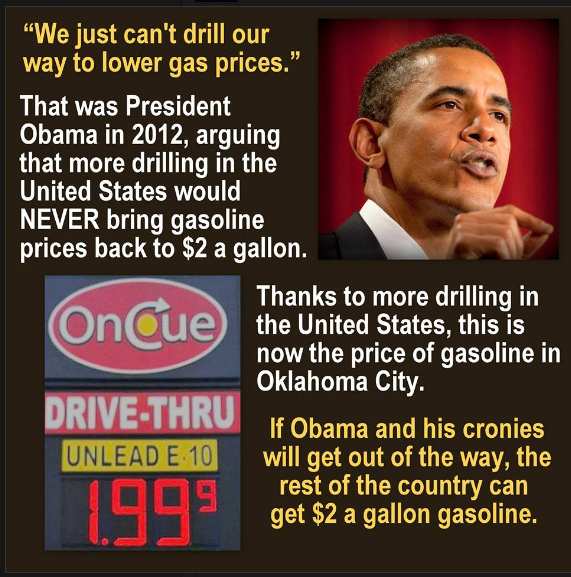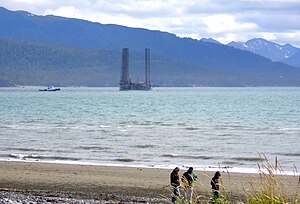Yesterday’s Wall Street Journal posted an article stating that Saudi billionaire Prince Alwaleed bin Talal is warning his country that America‘s development of shale oil will be a threat to the Saudi economy. The letter, written to Saudi Oil Minister Ali al-Naimi and several other ministers warned that the U.S. shale oil boom will decrease the amount of oil purchased from the Organization of the Petroleum Exporting Countries (OPEC). The Prince also asked the government to accelerate its plans to diversify the Saudi economy.
The article reports:
In contrast to Prince Alwaleed, Mr. Naimi, the Saudi oil minister, has so far played down the significance of rising shale-oil production, despite the fact that some OPEC members, such as Nigeria and Algeria, have seen a sharp drop in their exports to the U.S. At an OPEC meeting in late May, he said it wasn’t the first time OPEC has had to compete with a surge in output from countries outside the group.
“We disagree with your Excellency on what you said, and we see that rising North American shale gas production is an inevitable threat,” Prince Alwaleed’s letter said, in comments directed at Mr. Naimi.
Neither Mr. Naimi nor a spokesman for the ministry could be reached to comment.
The chart below shows American imports of Saudi oil in the past thirteen years:

Notice that the biggest drop in American oil imports was during the height of the recent recession.
You’ll excuse me if I don’t have a lot of sympathy for Saudi Arabia and OPEC. Both OPEC and Saudi Arabia have used their monopoly on oil to support tyrannical rulers and international terrorism. Because of that monopoly, America and Western countries have been reluctant to deal with the death and carnage the Saudis and OPEC nations have been responsible for. It would be very nice to see a Saudi economy so diversified that a middle class could form.
In January of this year, The Guardian reported on poverty in Saudi Arabia:
The article reported:
Under King Abdullah, the Saudi government has spent billions to help the growing numbers of poor, estimated to be as much as a quarter of the native Saudi population. But critics complain that those programmes are inadequate, and that some royals seem more concerned with the country’s image than with helping the needy. In 2011, for example, three Saudi video bloggers were jailed for two weeks after they made an online film about poverty in Saudi Arabia.
“The state hides the poor very well,” said Rosie Bsheer, a Saudi scholar who has written extensively on development and poverty. “The elite don’t see the suffering of the poor. People are hungry.”
The Saudi government discloses little official data about its poorest citizens. But press reports and private estimates suggest that between 2 million and 4 million of the country’s native Saudis live on less than about $530 a month – about $17 a day – considered the poverty line in Saudi Arabia.
The money we are sending to Saudi Arabia for oil could be better spent building energy independence for America. We need shale oil, we need the Keystone Pipeline and we need new refineries. Development in those areas would greatly improve the American economy as well as improve our national security by making us more energy independent.








